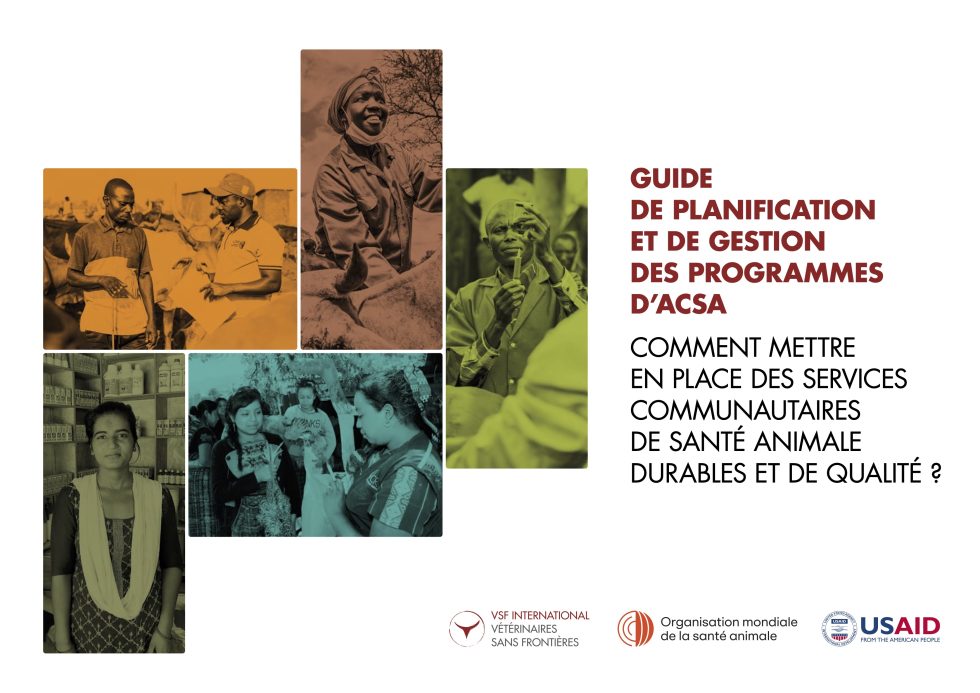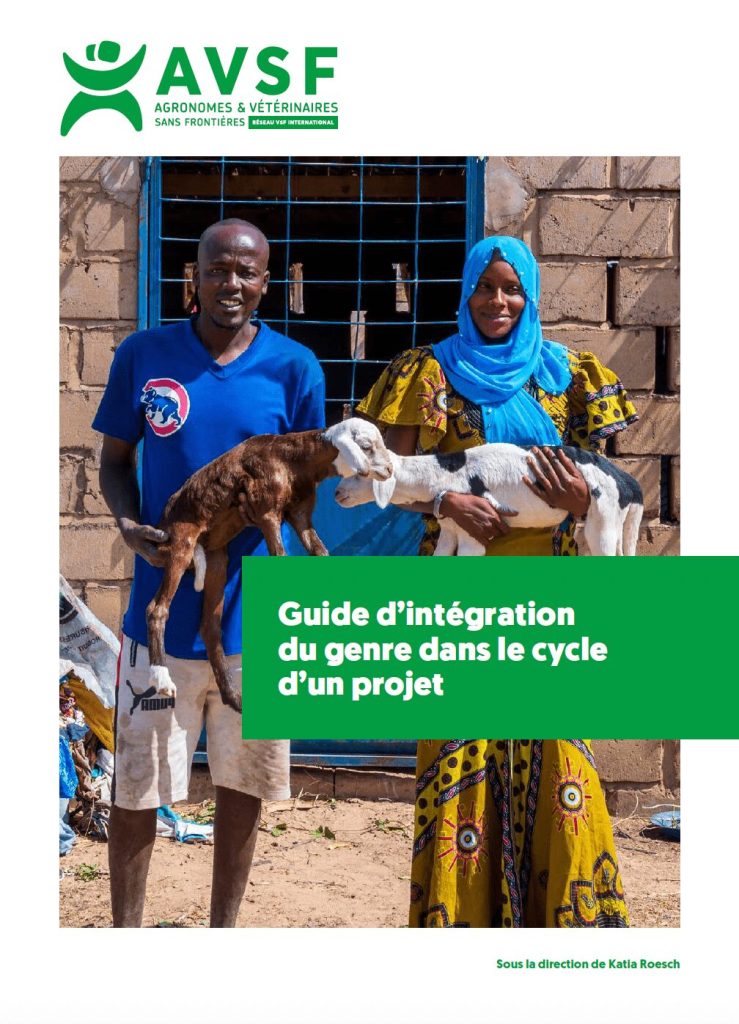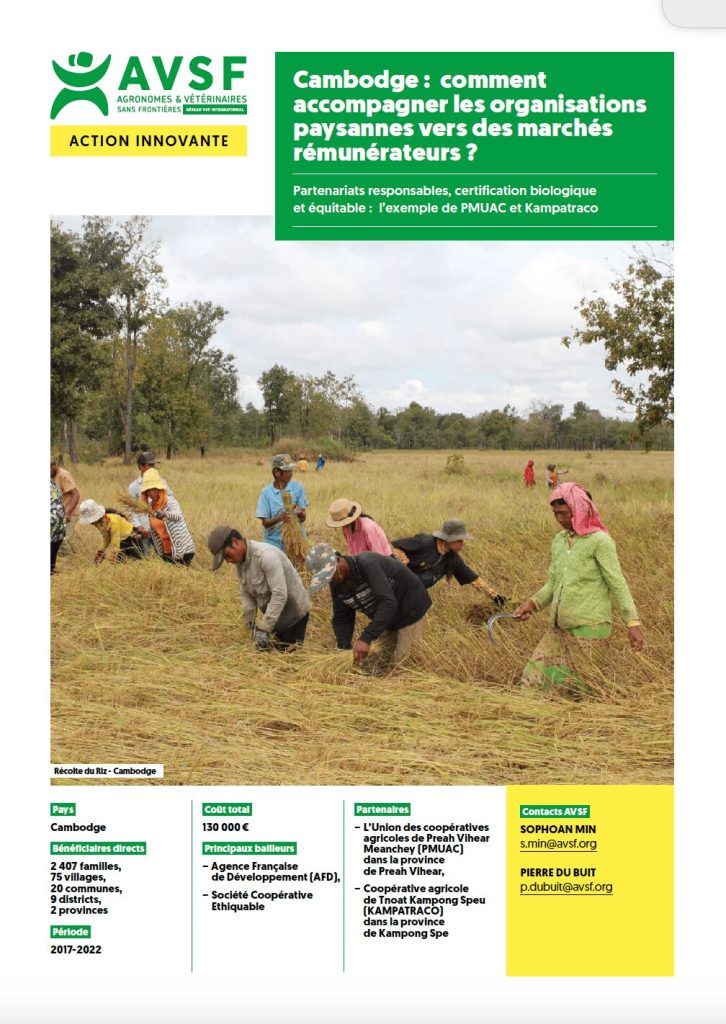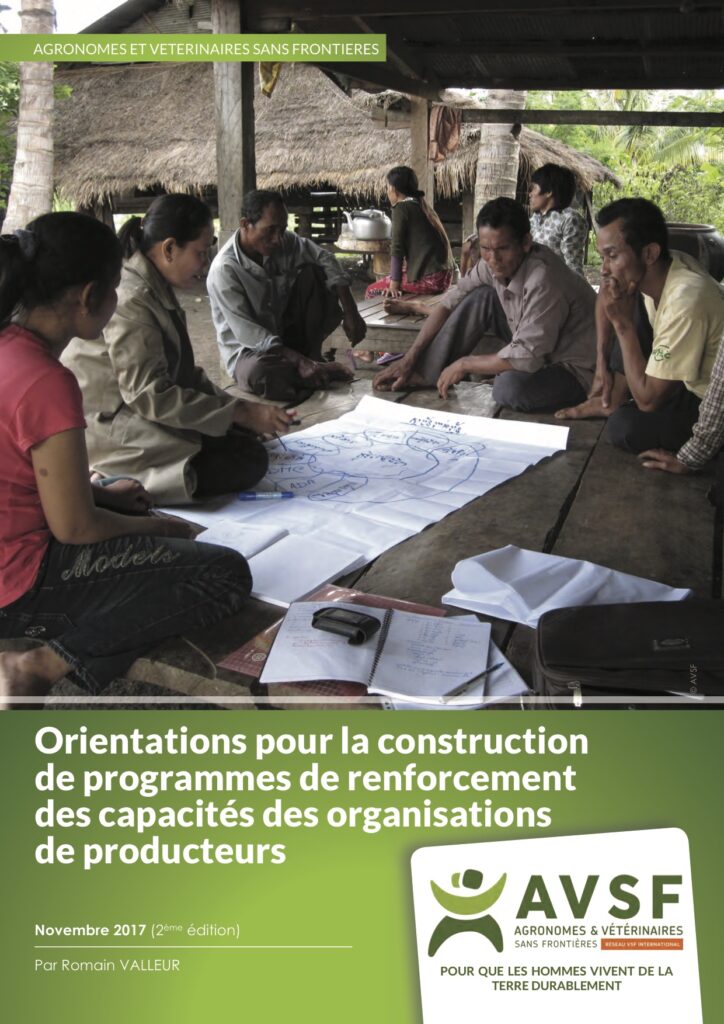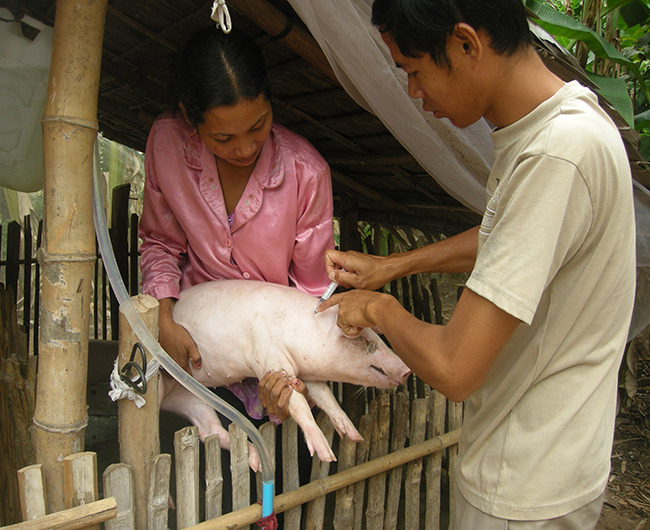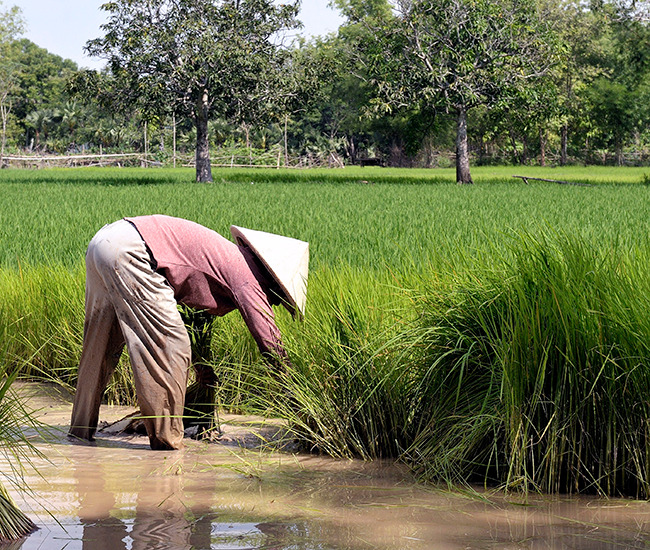Since the early 1990s, Community Animal Health Workers (CAHWs) have been trained to provide basic animal health and production services to livestock farmers in Africa, Asia, Latin America and the Middle East. They fill a gap in areas where public and private veterinary services lack the capacity to intervene regularly, improving the livelihoods of millions of families. However, ensuring the sustainability of their services remains a challenge.
How can quality, sustainable animal health services be set up at community level?
To answer this question, VSF International has developed the Guide to Planning and Managing CAHWs Programmes. The result of collaboration with CAHWs experts and in-depth field analysis, this guide has been designed as a practical tool for those responsible for planning and managing CAHWs programmes.
It provides advice based on seven pillars and explores local context analysis, participatory programme design, selection, training and supervision of CAHWs, their access to quality veterinary inputs and the financial viability of their activities. The handbook also makes recommendations for institutional players, private and public initiatives or CSOs planning to train CAHWs, as well as funding partners, to ensure that future CAHW programmes work in synergy with existing animal health workforces.
